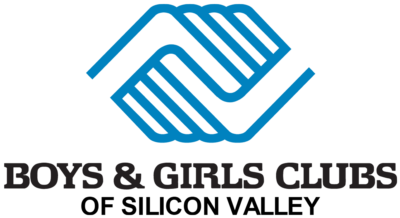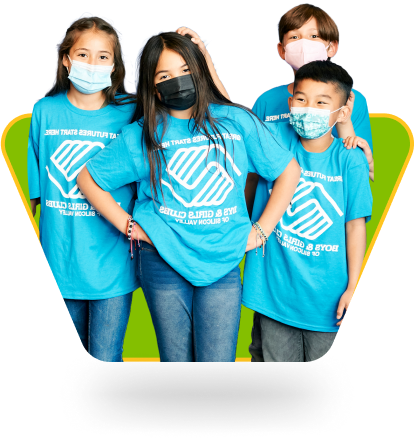Why is self-advocacy important?
There are many benefits to young people learning to be self-advocates:
- They understand their needs and concerns and can ask for help, clarity or accommodations when they need it.
- They recognize their personal worth and speak up on behalf of their work and contributions.
- They have faith in their principles and can express them clearly. They’re able to say no, defend a friend or motivate a group.
- Their peers, as well as adults, recognize their leadership and influence as they contribute their perspective.
- By developing their self-advocacy, kids learn new skills that support problem solving, public speaking and even giving constructive feedback.
Self-advocates also collect information that pertains to them so that they can make decisions about their lives. They decide what they need to succeed, what’s not helpful, and what they want to achieve next.
Simply put – a self-advocate is in the driver’s seat of their journey, not just along for the ride.
Boys & Girls Clubs support youth in building self-advocacy by providing a safe environment, positive role models and leadership programs. Youth of all ages learn how to express themselves and make their voices heard.

4 Tips to Build Young People’s Self-Advocacy Skills
1. Discuss the importance of speaking up.
Using open-ended questions, ask your child who they look up to for speaking out and why. It could be someone in their class, a character from a book or TV show, or a leader.
You can also discuss what happens when people don’t advocate for themselves or others. If people don’t speak up, things might go wrong. Needs won’t be met, feelings may be hurt, and there may be confusion.
Get a sense of how and when your child chooses to speak up (or not). In school, do they feel comfortable enough to ask a question? Do they share their ideas in a collaborative way during group projects? If they’re not comfortable speaking up, explore why and take small steps to grow that confidence.
For older kids and teens, they might have thoughts on bigger issues they’d like to see changed. From bullying to bringing in more programs, start discussing what they’re passionate about and how they might advocate for it.
2. Encourage and act on youth input.
Help your child learn to ask a question or suggest an idea in a meaningful way. They should express why this suggestion matters. Practice scenarios they could use to speak up in school, afterschool or with their peers.
One of the best ways to develop the skills for self-advocacy is to offer opportunities at home.
When you ask for input from a young person and they give it, act on it. When kids see their ideas become real at home, school or the Club, it helps them feel more sure of themselves. They learn that what they think and suggest can make a difference in the world.
3. Model effective self-advocacy.
Sometimes kids (and adults!) struggle to express themselves clearly when asking for things or sharing their opinions, which can cause problems. Teach young people how to express their opinions in a constructive way. Explain that how they say things can be just as important as what they say.
You can also model self-advocacy in real life or share examples. Ask a young person to accompany you to a school or community meeting. Discuss something important to you at the meeting. Or, you can tell your child about a time when you stood up for yourself and explain how you did it.
4. Be open about failure and trying again.
Part of being a self-advocate is also knowing sometimes you don’t get the result you were looking for. There will be times your child’s efforts do not succeed. They might hear a “no” or realize they didn’t voice their concerns in a constructive way.
Be their partner in understanding that result and what next steps look like. If it’s a situation where they voiced things in an unconstructive way, can they address it and rephrase their request? If their suggestion is rejected or ignored, help them understand why and if there are next steps to take.
Today’s young people have more opportunities than ever to express themselves and elevate their voices on what matters to them.
Helping them build the skills to use self-advocacy in productive ways will ensure that when the time comes, they’re ready to speak up.
Help Today’s Kids Become Tomorrow’s Leaders
Boys & Girls Clubs help thousands of young people each year develop the skills to stand up for what they think is right and elevate their voices.








